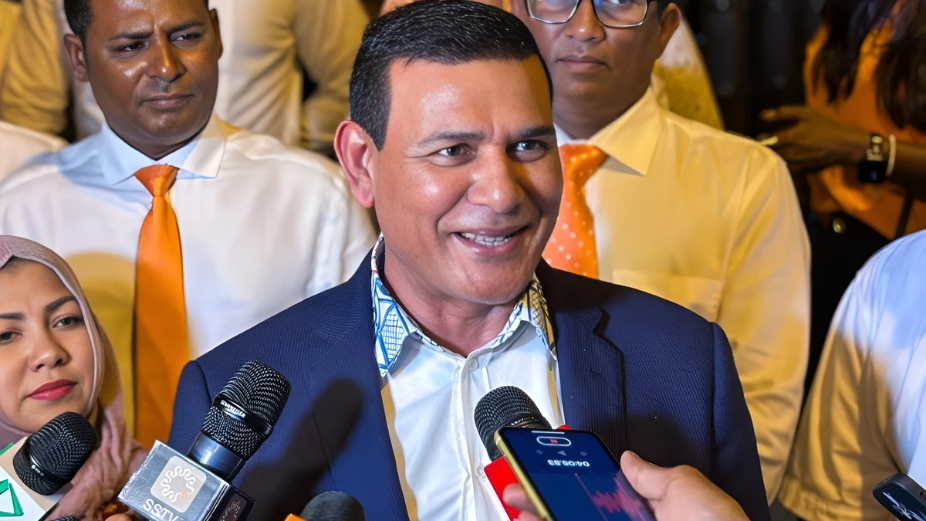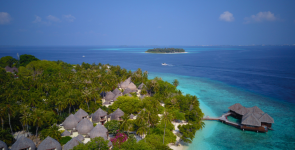Sun Travels & Tours and Hilton International were involved in a legal dispute regarding the Irufushi Beach & Spa resort in the Maldives. This dispute, which began over a decade ago, has recently been resolved through a settlement of Singapore arbitration awards.
Promised Paradise, Delivered Losses
Sun Travels developed the luxurious Irufushi Resort. In 2008, Hilton approached them with a management proposal, presenting financial projections that promised significant increases in occupancy and revenue. Trusting these figures and Hilton’s reputation, Sun entered into a management agreement in 2009.
However, Sun alleges Hilton’s projections were fraudulent misrepresentations. In reality, they claim Hilton’s mismanagement resulted in exorbitant operating costs, wasteful procurement, and failure to maintain the property. With profits failing to materialize and mounting losses, Sun terminated the agreement in 2013.
Legal Labyrinth: Arbitration, Conflicting Laws, and Hefty Fines
Hilton retaliated with an arbitration claim in Singapore, arguing Sun’s termination was a breach of contract. Sun then took the matter to Maldivian courts, disputing the Singapore proceedings on the grounds of fraud allegations. This initiated a complex legal struggle involving questions of applicable law and the validity of arbitration itself.
The crux of the dispute lay in determining which laws governed the various aspects of the agreement:
- Management Contract: This expressly stated English law as governing.
- Arbitration Agreement: Silent on governing law, creating ambiguity.
- Maldivian Law: Sun argued Maldivian law should prevail for misrepresentation claims.
Supreme Court Intervention and Settlement
The case ultimately reached the Maldives Supreme Court. The Supreme Court held that English law, as stipulated in the management contract, extended to govern the arbitration agreement as well. This decision was based on the ‘principle of separability’, meaning the arbitration agreement, though distinct, was closely tied to the main contract.
Sun’s avenue to challenge the arbitration rulings on the basis of alleged fraud under Maldivian law was closed off. The result was that Sun Travels & Tours was obligated to pay the arbitration awarded by Singapore arbitration. According to Sun, they have paid USD 31.2 million in damages, plus an additional USD 5 million in legal expenses.
Consequences and Questions
Sun’s full payment of the awarded damages marks a bitter end to this chapter. The case raises crucial questions for international businesses:
- The Power of Projections: How can companies protect themselves from potentially misleading financial forecasts?
- Arbitration’s Limits: Does arbitration always ensure fairness in cases with allegations of fraud or misrepresentation?
- Contractual Clarity: How can parties to cross-border agreements eliminate conflicting interpretations of governing laws and ensure equitable resolutions?
The Sun vs. Hilton saga serves as a sobering reminder that even in the most alluring destinations, legal complications can disrupt the smoothest business ventures.



















